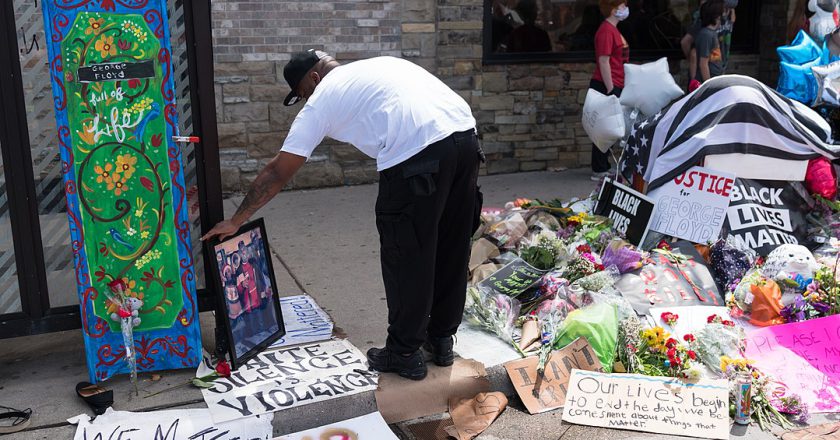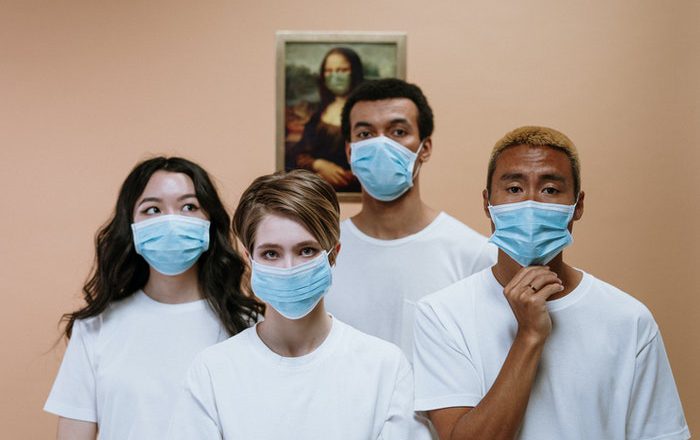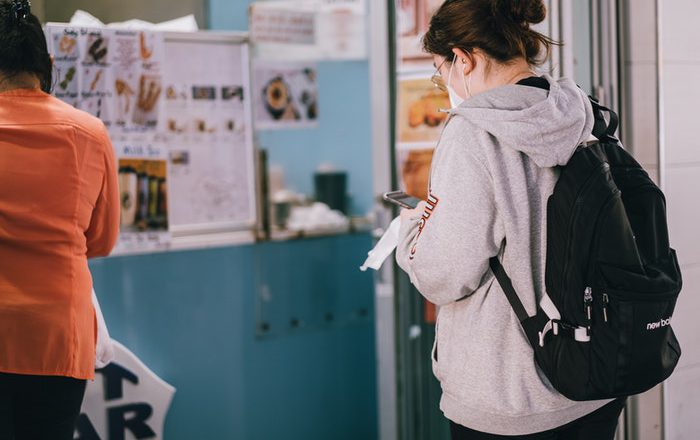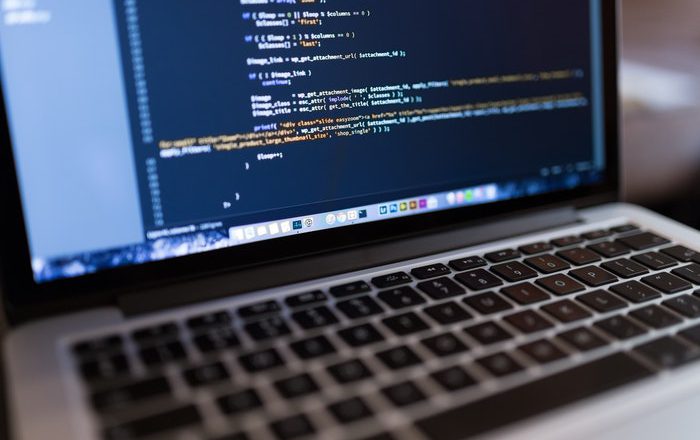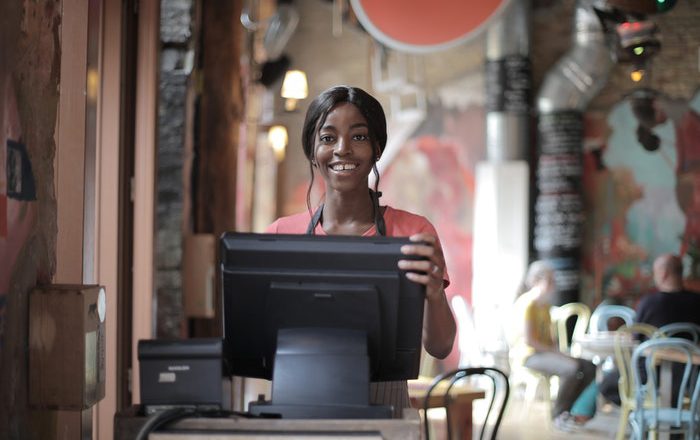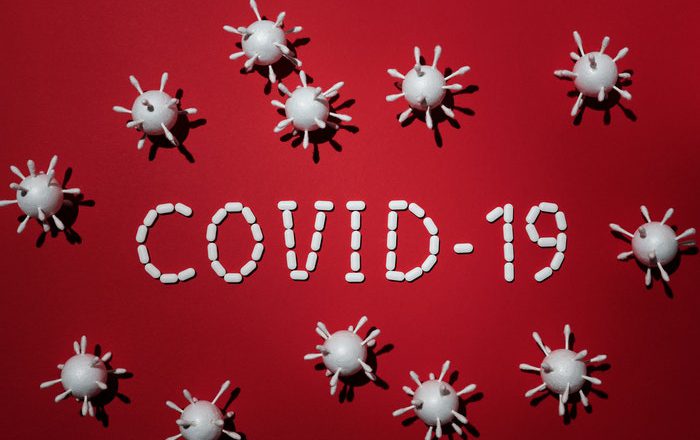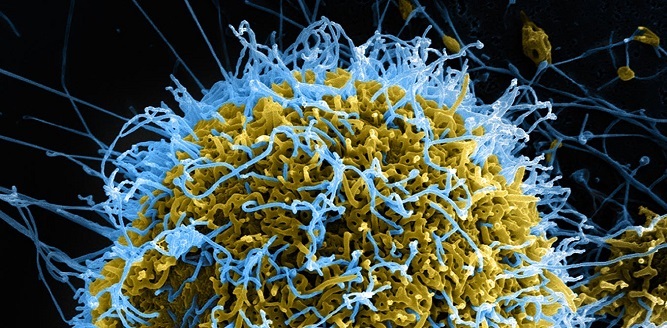Coronavirus deaths and those of George Floyd and Ahmaud Arbery have something in common: Racism
The COVID-19 pandemic and the deaths of George Floyd and Ahmaud Arbery are two major catastrophes that shine a light on longstanding social inequities and injustices toward African Americans. Emerging research in the field of social genomics demonstrates how social stress, such as racism and discrimination, can shift the body’s biological resources toward a state that increases risk for disease.
For example, our research group has found that racial discrimination may be impacting the way genes are expressed, leading to increased levels of dangerous stress hormones.
These differences were found even when social determinant factors such as poverty and other forms of stress were accounted for. Hence, racial discrimination experiences may also explain why African Americans continue to remain...

